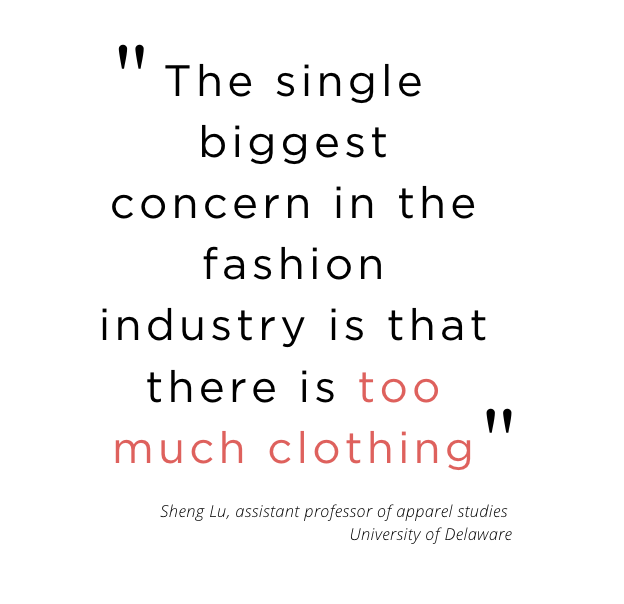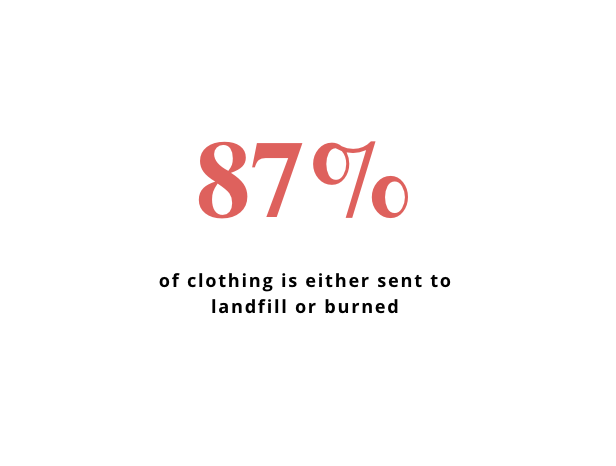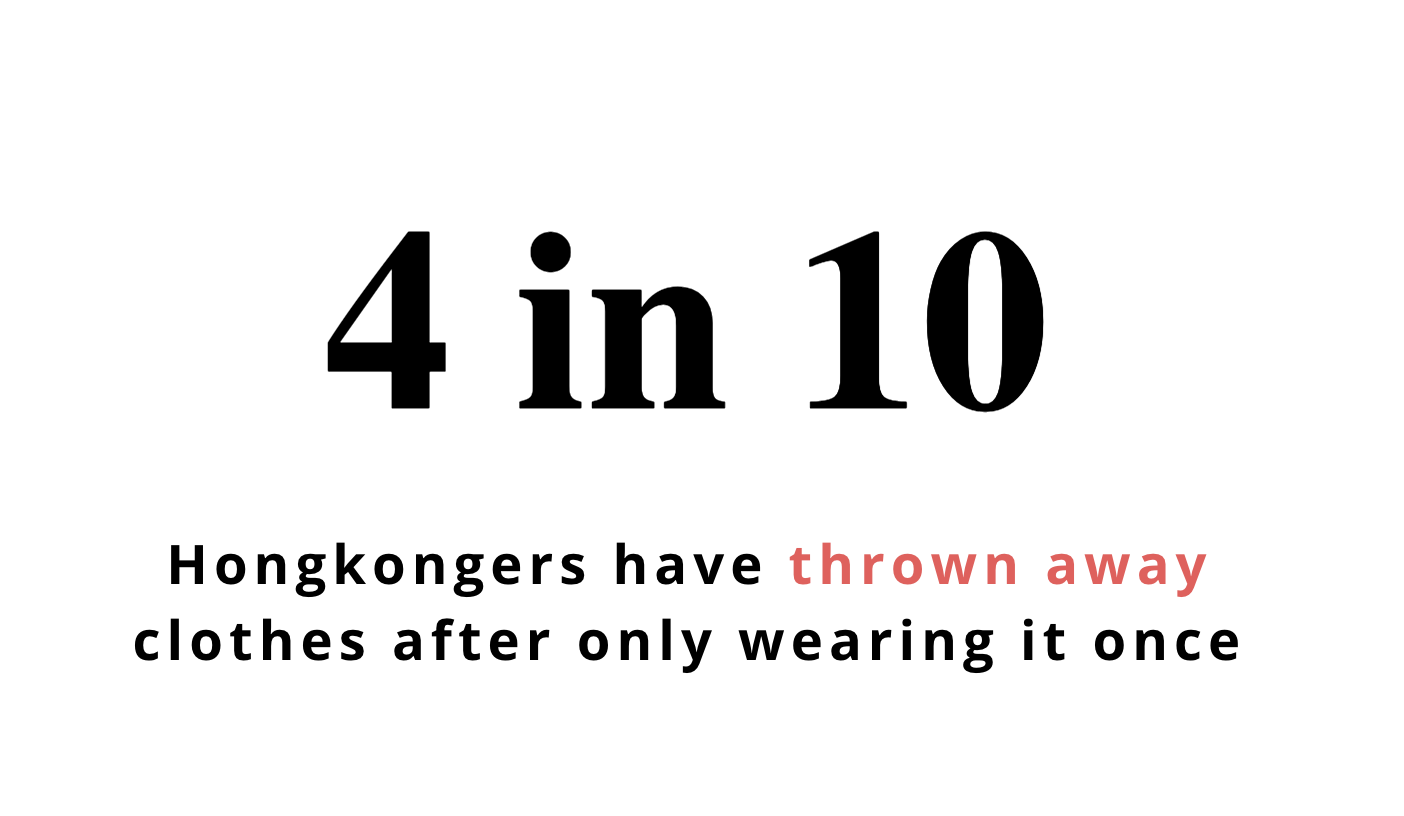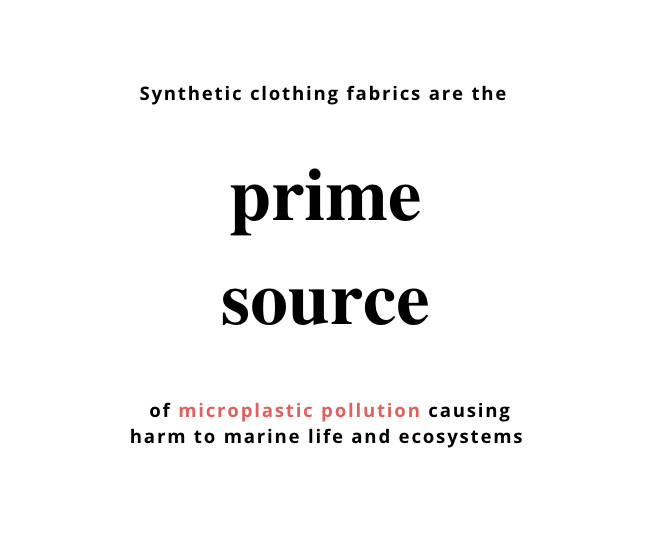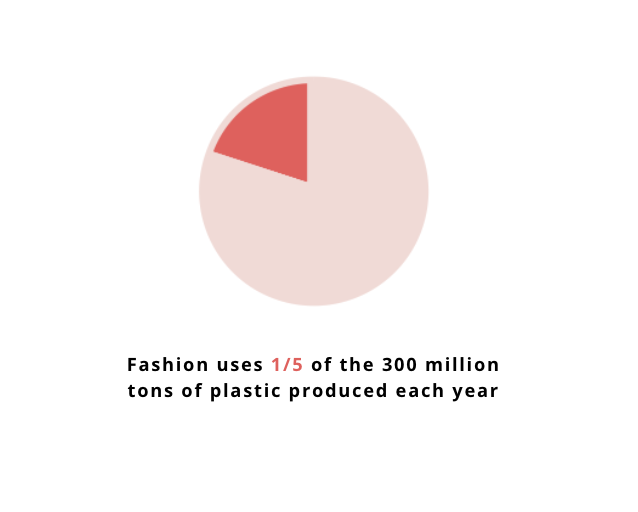FAST FASHION UN-FUN FACTS
Here are some facts about the fast fashion industry that we hope will spark a light in you to change your shopping habits, and why it's better to book and buy preloved.
5 FAST FASHION FACTS YOU SHOULD KNOW
+ The fashion industry accounts for up to 10% of global carbon emissions, which is more than all shipping and international flights combined.
+ It is estimated that 4 in 10 Hongkongers have thrown clothes away after having only worn it once + Eighty-seven percent of clothing is either sent to landfill or burned.
+ 1/5 of the 300 million tons of plastic produced globally each year is used in the fashion industry.
+ Polyester, derived from oil, has overtaken cotton as the backbone of textile production.
+ Polyester and other synthetic clothing fabrics are the prime source of microplastic pollution causing harm to marine life and ecosystems.
+ According to the Environmental Protection Department, on average, more than 340 tonnes of discarded clothes are landfilled daily in Hong Kong. So what can you do to improve your fashion footprint?
FAST FASHION ALTERNATIVES
So what can you do to improve your fashion footprint?
1 | BUY FROM BRANDS THAT HAVE GREAT SUSTAINABILITY INITIATIVES
Firstly, if you're going to shop do your research and buy from brands that have great sustainability initiatives, a few of our favorites are Reformation, Re/Done, Sezane, Stefania Vaidani, and of course Stella McCartney. Try to buy investment pieces that you envision wearing more than the average 7 -10 times.
2 | ONLY BUY INVESTMENT PEICES
Try to buy investment pieces that you envision wearing more than the average 7 -10 times. Try preloved to help extend the lifecycle of existing pieces or rental for those times you need some retail therapy or a dress you know you will only get the chance to wear only once or twice.
3 | Alter, sell, upcycle or donate
Lastly, think twice before you throw something out - consider if you can alter, sell, upcycle or donate instead.

